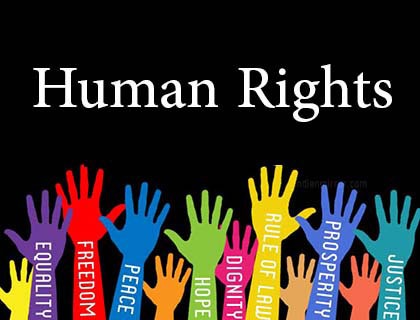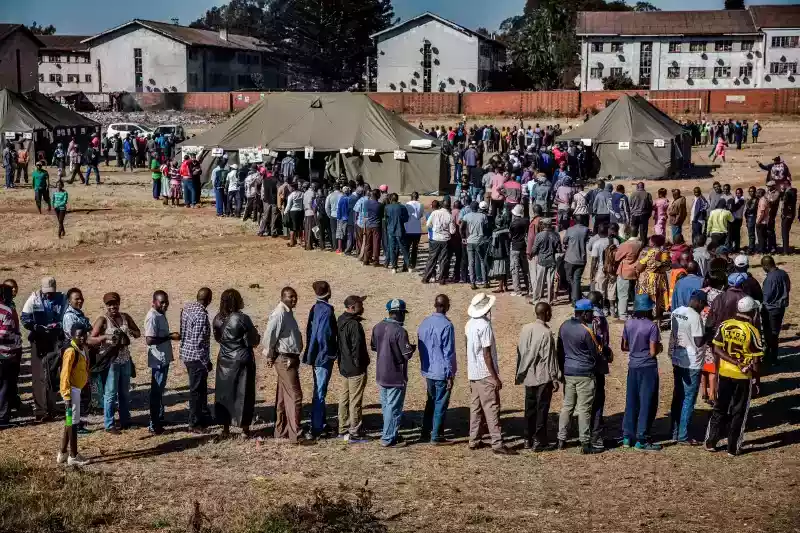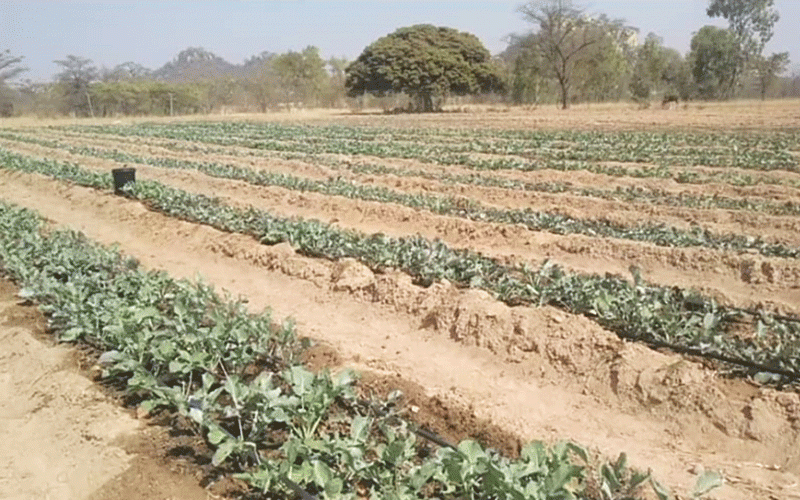
BY Richard Muponde
The United Nations High Commissioner for Human Rights has called for easing of sanctions against Zimbabwe and such countries like Iran, Cuba, Venezuela and North Korea to allow their health systems to fight the spread of COVID-19 which has ravaged the world leading to thousands of deaths globally.
Zimbabwe has been under targeted sanctions from the United States which were recently renewed because of its poor human rights record and government’s failure to observe rule of law.
The country on Tuesday recorded a third case of the deadly coronavirus while three civil servants were put on self-quarantine for three weeks after they came into contact with the late journalist Zororo Makamba, who died on Monday from the deadly COVID-19. He was buried on Tuesday.
The COVID-19 pandemic comes when the country’s health system is in doldrums with fears the system would be overwhelmed if the virus spreads rapidly as two isolation centres, Wilkins and Thorngrove Infectious hospitals in Harare and Bulawayo only have a combined 100 beds between them.
However, United Nations reported on Tuesday that the UNHR chief Michelle Bachelet said humanitarian exemptions to sanctions measures should be authorised for essential medical equipment and supplies to avoid the collapse of any national healthcare system.
“At this crucial time, both for global public health reasons, and to support the rights and lives of millions of people in these countries, sectoral sanctions should be eased or suspended. In a context of global pandemic, impeding medical efforts in one country heightens the risk for all of us,” she stated.
COVID-19 has affected nearly 190 countries, with more than 450 000 cases reported globally as of Monday, according to data from the World Health Organisation.
- Chamisa under fire over US$120K donation
- Mavhunga puts DeMbare into Chibuku quarterfinals
- Pension funds bet on Cabora Bassa oilfields
- Councils defy govt fire tender directive
Keep Reading
At least 1 800 people in Iran have died from the disease, including 50 doctors. Human rights reports on the country have repeatedly highlighted the impact of sanctions on access to essential medicines and equipment, such as respirators and protective equipment for healthcare workers.
Bachelet feared sanctions could also impact medical efforts in Cuba, the Democratic People’s Republic of Korea, Venezuela and Zimbabwe. Cuban doctors are currently in Italy to assist in the European country’s fights against the deadly virus. Italy has lost over 7 000 lives to the virus.
“The majority of these States have frail or weak health systems. Progress in upholding human rights is essential to improve those systems — but obstacles to the import of vital medical supplies, including over-compliance with sanctions by banks, will create long-lasting harm to vulnerable communities,” she said.
“The populations in these countries are in no way responsible for the policies being targeted by sanctions, and to varying degrees have already been living in a precarious situation for prolonged periods.”
The UN rights chief underscored the need to protect health workers in these countries, who are on the frontline of the COVID-19 crisis, while authorities should not punish professionals who point out any deficiencies in response.
Bachelet urged world leaders to come together during this difficult time because no country can combat the pandemic alone.











